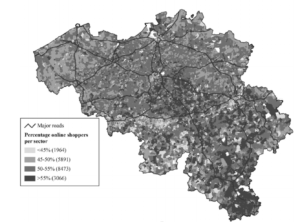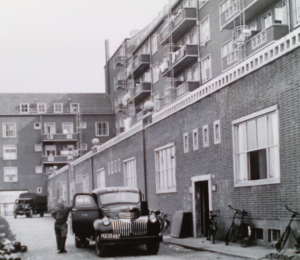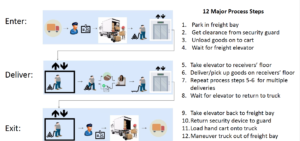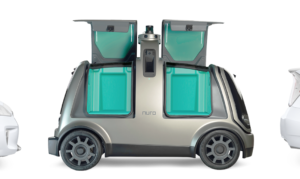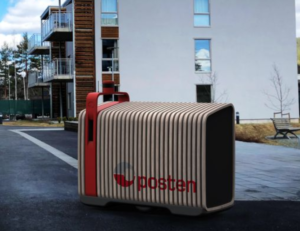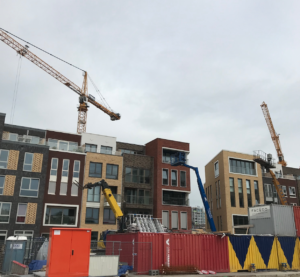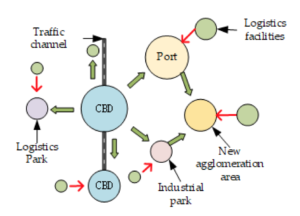Final report of Scandinavian DenCity project is published
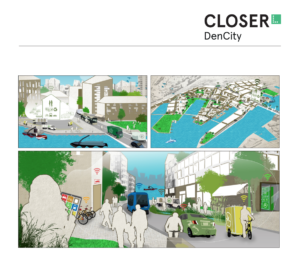
The DenCity project has taken on the urbanization challenge to develop transport and mobility solutions for future dense urban areas in Scandinavia. Urbanization implies an increased competition for the attractive urban space as well as increased impacts on the environment and human health as more people and goods must be transported using the same urban infrastructure.

